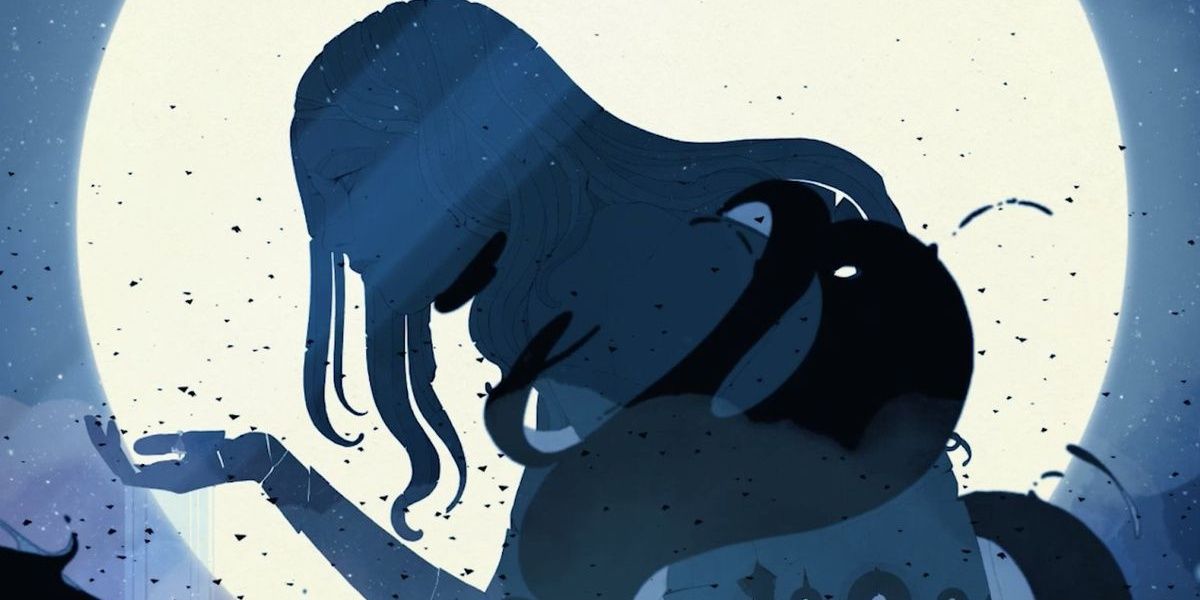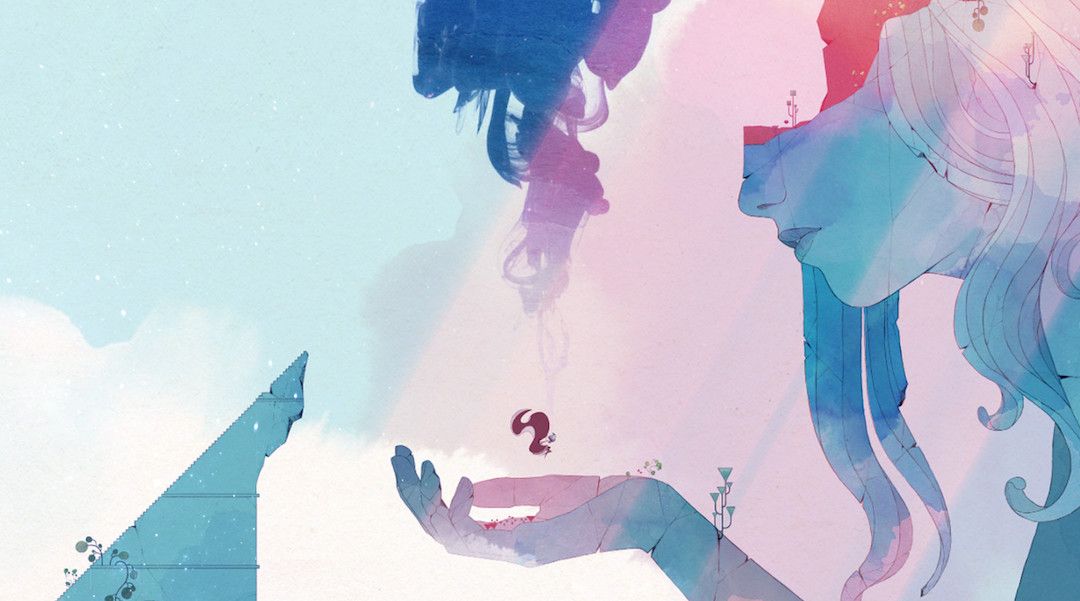
Indie developers oftentimes go out of their way to make sure their games are not simply made of layers of mechanics, but also a way to tackle relevant and significant social or psychological issues in creative ways. This approach goes a long way in flooding the industry with meaningful Indie games that resonate with their audience on a much deeper level. They become intimate experiences profoundly entangling their stories and messages with each player's past and present personal history, infusing the gameplay with unparalleled profoundness and intensity. These games frequently tell stories of loss, depression, and more.
Games shouldn't only be fun, as they can indeed be a creative environment to deliver emotionally charged stories or spark conversations about topics that are not talked about enough. These endeavors are not always ones that remain forever etched in the collective gaming community, but they do have the potential of being imprinted in a handful of individuals' memory. They can allow people to overcome lingering personal issues that affect the quality of their lives. Or else, they can simply become a moment of solace for those who struggle. This is how Gris challenges the status quo, and this is why other similar games should learn from it.
RELATED: Emotional Final Fantasy 14 Trailer Targets Our Childhood
Gris is a game of puzzles and wonderful shades of color where dialogue is completely absent. This choice is a bold one, and it granted the game both a great strength and something that can be criticized. However, the absence of dialogue does tell a story on its own as the main elements of Gris' plot unfold. The striking watercolor palettes gradually color in the world of the lead character, as she finds herself voiceless and in a world in black and white when the story begins. The lack of spoken words here is a solid, fundamentally conscious choice of having non-verbal language tell the protagonist's tale in a mix of aurally driven narrative and a world teeming with delicate lifeforms, where peril is never real. The true danger is to let all the colors fade away.
Gris explores loss through the five stages of grief, starting with Denial. In fact, the game begins with a statue crumbling to pieces and the colors fading from Gris and the world she lives in, as she is falling through the clouds. The camera is initially zoomed in on the lead character, but it slowly pans out as the protagonist forces herself to walk, revealing her psychological complexity. Animals and little creatures start appearing, and the world gradually acquires depth in the form of small rocks, the ground slopey and uneven. Then, Gris starts running, just as she lets the outside macro-cosmos in.
The girl then finds the hand from the collapsed statue of the person she has recently lost. The world colors in red, symbolizing her Anger—the second stage of grief. She faces a raging, unrelenting crimson storm that makes her every step harder, eventually pushing her back. She finally gains her first power, which, in an emblematic way, makes her smash things to pieces. This is a way to let her anger out. She lashes out, and some of the harmless creatures around her become afraid of her; her wrath is now affecting others.
RELATED: Study Finds Video Games Boost Literacy, Emotional Well-Being in Kids

Soon enough, Gris' journey makes her find the statue again, and this time the world is colored in green. This is the third stage, Bargaining. The world does not lose its red undertones, however, as the anger the girl felt is not gone completely. She forms a relationship with the cutest creature, one that loves eating apples. Gris helps the critter find its way back to its family, and she learns that she has to lean onto others if she is meant to overcome her loss. She tries to regain control of the outside world by solving puzzles using trees that change their shapes when she jumps.
It doesn't take long for the fourth stage to settle in: Depression. The game is flooded with rain and blue hues. Gris is able to swim, now, and she explores the depths and crevices of a submerged cave. This feels a lot like a way for the game to tell the players to look inwards without ever isolating themselves from others. As a matter of fact, it is only thanks to the help of a massive tortoise that the protagonist manages to move forward, deep down. The underwater world she explores is full of life, and Gris has to live in unison with other creatures, often having to rely on them to proceed.
Gris finally regains her voice, the beauty of music that mends all things and broken statues. The world is colored in yellow as she enters the fifth and final stage of grief - Acceptance. Lights and candles and fireflies all light the path for the girl, and she is able to use her powers simultaneously, seamlessly, as she navigates her own universe in a more uplifting way. This does not mean she has moved on from her grief, however. This only means she has found a way to take a moment to understand what her life is going to be like now after the dust has settled.
In the end, Gris faces her dark thoughts again, much like she did several times throughout the game at this point. She is eaten by them, but she is not lost. She embraces the sorrow and undaunted rage and the pain of a world that she is starting to learn to live in once again. She has regained her voice, now, and nothing will take it away anymore. She may never fully recover, but this is not a story about recovery. This is not a story about finding the correct way to go through the hardest of times, living through stages of grief in a pre-determined order. This is a story about learning how to see things from a different perspective, and it is a story about learning how to let colors in once more.
Gris is available on iOS, PC, PS4, and Switch.

